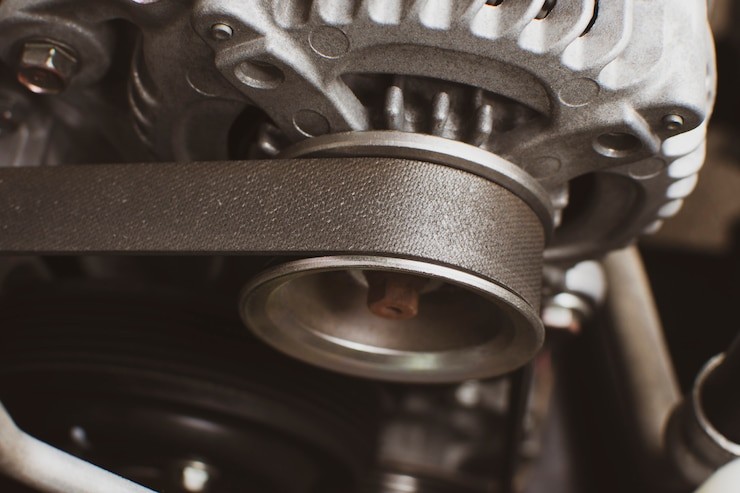Genuine Vs. Aftermarket Timing Belts For Honda Vehicles

A timing belt is not just another part under the hood. It controls the rhythm of your engine, and for Honda vehicles, that rhythm must be exact. A poorly made belt can ruin pistons, valves, and even the engine block. So, when it’s time for a Honda timing belt service, one big question arises: should you go for a genuine timing belt or an aftermarket one?
What Is a Timing Belt, and Why It Matters for Hondas
A timing belt links the camshaft and crankshaft. This connection ensures engine valves open and close at the right time. For many Honda models, it’s a critical part. Miss the replacement schedule, and the engine can fail without warning. A genuine Honda timing belt fits the vehicle just as the factory intended. It’s tested, proven, and matches Honda’s design.
The Difference in Quality Is Real
Genuine Honda timing belts are made from strong, heat-resistant materials. They last longer and perform better in high-temperature engines. They also come with factory-backed warranties. On the other hand, aftermarket belts vary in quality. Some are reliable. Many are not. Some use cheaper rubber and skip quality checks. That creates a risk, one not worth taking with your engine.
Why Genuine Timing Belts Work Better in the Long Run
You may save money today by using an aftermarket timing belt, but that savings can vanish fast. If the belt fails early or causes engine problems, the repair bill is much higher. Genuine belts are made for your specific Honda model. They offer the same strength and design the car was built with. That’s hard to match with off-brand parts.
Aftermarket Timing Belts: Are All of Them Bad?
Not all aftermarket belts are low-quality. Some brands test their parts well. But it’s hard for car owners to know which ones are safe. There are no clear rules across the industry. And that makes choosing tricky. When it comes to your Honda, taking a chance may not be worth the risk.
Fit, Function, and Durability: What Honda Owners Should Know
The fit of a genuine timing belt is exact. That means no extra stress on pulleys or tensioners. Aftermarket options can be slightly off in size or shape. That may cause extra wear and shorter belt life. With a part this important, perfect fit is not just helpful, it’s vital.
Why Mechanics Recommend Genuine Honda Belts
Experienced technicians who handle Honda timing belt service every day know this: factory belts are the safer bet. They’ve seen failed aftermarket timing belts and the damage they leave behind. That’s why most top mechanics recommend sticking with original parts, especially for a part that keeps your engine running.
Cost vs. Confidence: What Should You Pick?
Yes, aftermarket timing belts are cheaper. But think about what’s at stake. A belt failure can leave you stranded, or worse, stuck with engine damage. Choosing a genuine Honda belt gives you peace of mind. It may cost more, but it protects your vehicle’s engine, and your wallet, in the long run.
Summary
If you're looking for long-term reliability, genuine Honda timing belts are the way to go. They’re made for your car, tested for your car, and trusted by professionals. Don’t take chances with a part that controls your engine’s timing. When it’s time for service, ask a Honda mechanic shop near me to use original parts for safety, strength, and long-term performance.
